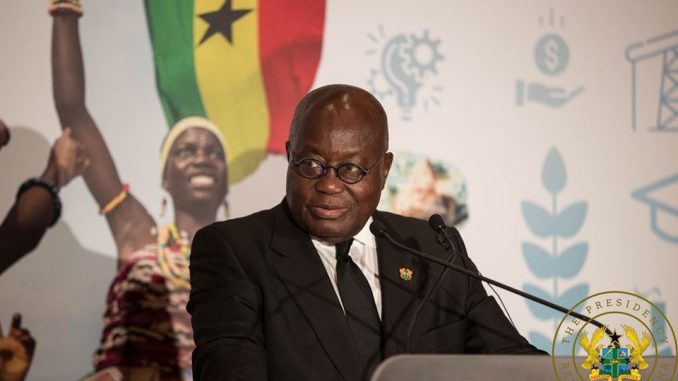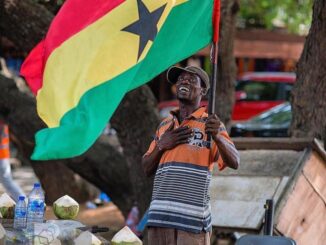
Ghana has taken a significant step towards restructuring its massive external debt by entering into non-disclosure agreements (NDAs) with major international bondholders.
This move marks the official beginning of negotiations to rework over $13 billion in international bonds.
The Looming Crisis:
The West African nation, grappling with its worst economic crisis in decades, defaulted on most of its external debt in December 2022. As the world’s second-largest cocoa producer, Ghana’s economic struggles highlight the vulnerabilities of commodity-dependent economies facing global market fluctuations.
Negotiations Underway:
Following the appointment of a new finance minister in February, the Ghanaian government formally presented a debt restructuring proposal to a creditor group steering committee. While specific details remain confidential due to the NDAs, these talks aim to find a solution for managing the $13 billion debt burden.
Creditors and Strategies:
BlackRock, Amundi, Greylock, and Abrdn are among the key players in the creditor group. While Ghana seeks a straightforward debt restructuring through exchanging old bonds for new ones, some bondholders advocate for the inclusion of “state-contingent debt instruments.”
ALSO READ: G20 creditors on board for Ghana debt relief talks — Paris Club
These instruments offer potentially higher payouts based on exceeding economic performance expectations. However, the government may favor a more baseline approach to avoid overly optimistic projections.
Debt Reduction Goals:
Ghana’s primary goal is to reduce external debt repayments and interest costs by a staggering $10.5 billion over the next four years (2023-2026). This aligns with their $3 billion reform program secured with the International Monetary Fund. Ultimately, the country seeks to restructure a significant portion of its $30 billion external debt (as of 2022) – targeting a $20 billion restructuring.
Previous Agreements and Ongoing Discussions:
In January, Ghana reached an agreement in principle to rework $5.4 billion in loans with official creditors under the G20’s “Common Framework” for debt restructuring. These latest talks with international bondholders represent another crucial step in addressing the debt crisis. Previous proposals in October had suggested a potential “haircut” (reduction) of 30-40% on the bond value, which caused a decline in bond prices at the time.
A Glimpse of Hope?
While most Ghana Eurobonds (dollar-denominated international bonds) still trade at a steep discount (around 46-48 cents on the dollar), indicating ongoing financial stress, news of the official talks has triggered a positive response. Some bonds, like the 2027 maturity, have seen a price increase, suggesting cautious optimism among investors.
This move towards formal debt restructuring negotiations offers a glimmer of hope for Ghana’s economic recovery. However, successfully navigating these talks with creditors will be crucial in determining the nation’s future financial stability.




